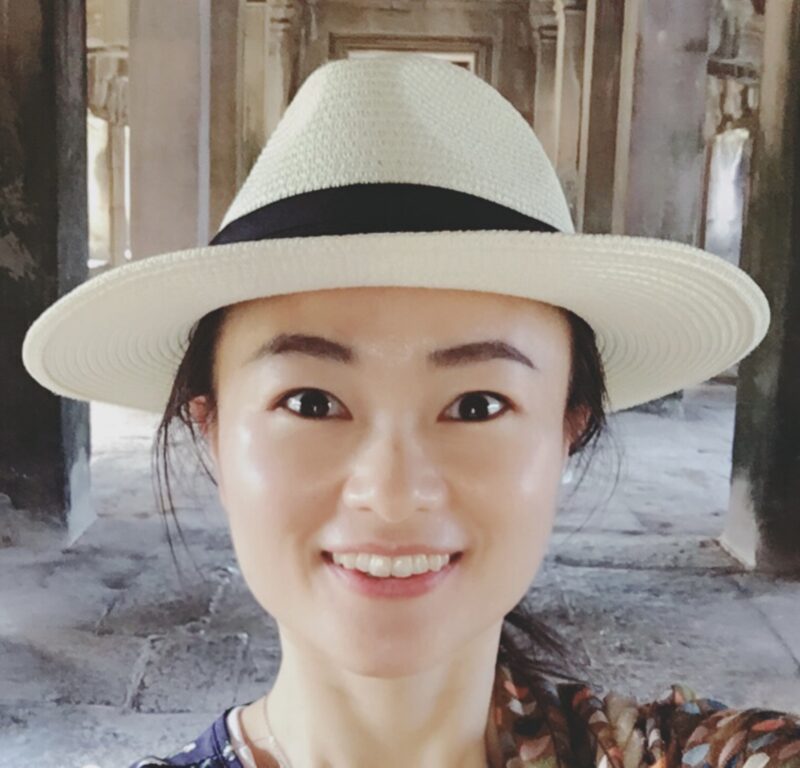Listen to an episode featuring Yun You:
Gender, Education & Research
by Yun You
Associate professor
East China Normal University
While gender issues in education have not attracted much attention among teachers where I work, I am lucky to have a small group of students who take this topic seriously. I have been learning with them partly through listening to the episodes of FreshEd; from there, we have been introduced to a list of brilliant scholars who have shown us ways of thinking differently and deeply. The choice of episodes for recommendation here, among many others, is for me personal, driven by both my own life experience and my research interests.
I start with Leta Hong Fincher’s amazing book Betraying Big Brother: The Feminist Awakening in China. Through her interviews with the Feminist Five and other leading feminist activists in China over the years, Hong Fincher was able to bring their lives into the light – the challenges and joy of ‘betraying Big Brother’. The episode began with a detailed description of their experiences of arrest and detention, then illustrated how local protests emerged with the global #MeToo movement in spite of ubiquitous censorship. What interested me the most was Hong Fincher’s analysis of the Chinese Communist regime’s turning to the patriarchal tradition in response to the economic downturn and demographic change.
For a more education-related episode, I recommend Supriya Baily’s interview on Gender and Equity in Education. I found it very helpful in distinguishing the concepts of ‘parity’, ‘equality’, and ‘equity’, particularly in the gender context. Baily pushed us to reconsider gender equity beyond access and opportunity, which are primarily defined by numbers. Rather, she related equity with quality to shed light on those long-marginalized work of gender, for instance, the gendered norms embedded in the curriculum, structural violence to girls, and the intersectionality of gender, race, ethnicity, and class. Especially for those who are new to the field, this episode illustrated what has been focused on and what has not yet but should.
The last episode is by Elizabeth Sumida Huaman and Tessie Naranjo, who introduced their co-edited special issue on Indigenous Women and Research. They differentiated coloniality from colonization, identified four domains of coloniality, and elaborated on how coloniality has valued (and devalued) certain ways of understanding ‘research.’ In particular, through the use of their fascinating life stories, Huaman and Naranjo explained why they centered indigenous women in the approach to sustainable life adopted in their special issue. This has immediately made me wonder, as included in the special issue, how indigenous women have used their strength to interact with places and non-humans and pass on cultural values to better live and thrive in their home communities.
These three are not recent episodes, but they are worth listening to and reflecting on, as we still face the same (if not worsened) challenges in gender, education, and research.
August 1, 2023






